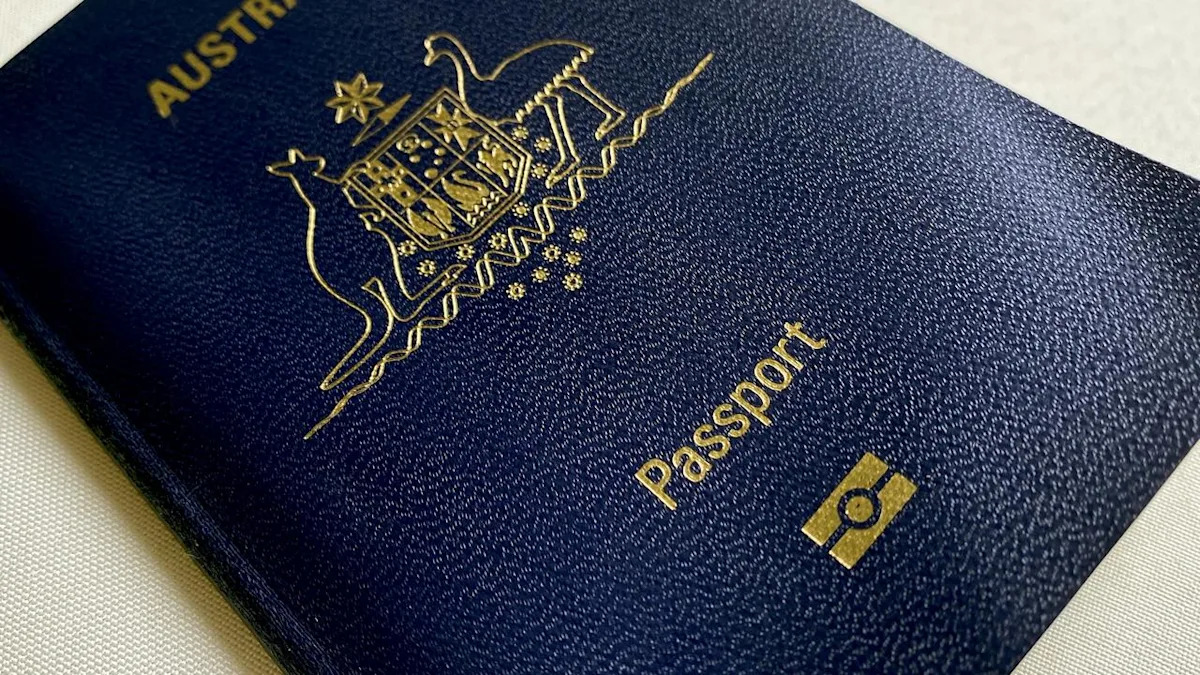
At a critical juncture in international relations, Australia is grappling with its role in a global strategy heavily influenced by the United States. This comes amid a significant shift in leadership within the country’s intelligence community. The Albanese Government recently removed Andrew Shearer as director-general of the Office of National Intelligence (ONI), appointing Kathy Klugman in his place. This change raises pressing questions about the direction of Australia’s security policies.
The decision to replace Shearer, who has been offered a diplomatic role in Japan, underscores the government’s desire for a new approach. The Opposition has criticized this intervention, arguing that such appointments should remain apolitical. However, Shearer’s initial appointment by former Prime Minister Scott Morrison was itself unconventional, given his prior role with the US-based Centre for Strategic and International Studies (CSIS).
Background and Implications
Shearer’s tenure at CSIS, an organization focused on shaping US national security policy, aligns with a broader US strategy to counter China’s growing influence. His focus on military and economic strategies to dominate China reflects a longstanding US approach. This perspective, however, may not fully account for the complexities of Australia’s position, which requires balancing relations with both the US and China.
Klugman’s appointment signals a potential shift in focus. With a strong background in policy development and experience within the Department of Foreign Affairs and Trade, she is poised to lead ONI through a period of transformation. Her challenge will be to cultivate an intelligence community attuned to Australia’s unique interests, rather than those of its allies.
The Five Eyes and Strategic Independence
Australia’s participation in the Five Eyes intelligence alliance with the US, UK, Canada, and New Zealand is under scrutiny as strategic interests evolve. The alliance, once seen as a cornerstone of shared intelligence, now faces challenges as member nations’ priorities diverge.
“Five Eyes is terminally flawed now, as competing strategic interests intensify,” experts suggest. “Australia cannot rely solely on US intelligence when our national interests diverge.”
There is a growing call for Australia to develop a more self-reliant intelligence framework. Achieving this independence will require significant investment in both intellectual and technological resources, moving beyond reliance on foreign intelligence inputs.
Building a New Intelligence Workforce
Klugman’s most immediate challenge will be reshaping the ONI workforce to better reflect Australia’s strategic needs. This involves not only addressing personnel issues but also fostering a culture that prioritizes Australia’s interests alongside those of other global powers.
The task is complicated by the influence of US-aligned think tanks and educational institutions within Australia. For instance, the United States Studies Centre at the University of Sydney and the National Security College at the Australian National University have strong ties to US policy perspectives.
“It’s foolish to assume that a feedstock of such talent can be found from our major universities,” analysts warn, highlighting the pervasive influence of US-centric viewpoints in Australian academia.
Looking Forward
As Klugman steps into her new role, she faces the dual challenge of navigating complex international dynamics and fostering an independent intelligence community. The success of her tenure will depend on her ability to balance these demands, ensuring that Australia’s security apparatus is both robust and reflective of its national interests.
The transition in leadership at ONI represents a pivotal moment for Australia’s intelligence strategy. As the country seeks to assert its independence on the global stage, the decisions made in the coming months will have lasting implications for its security and international standing.






